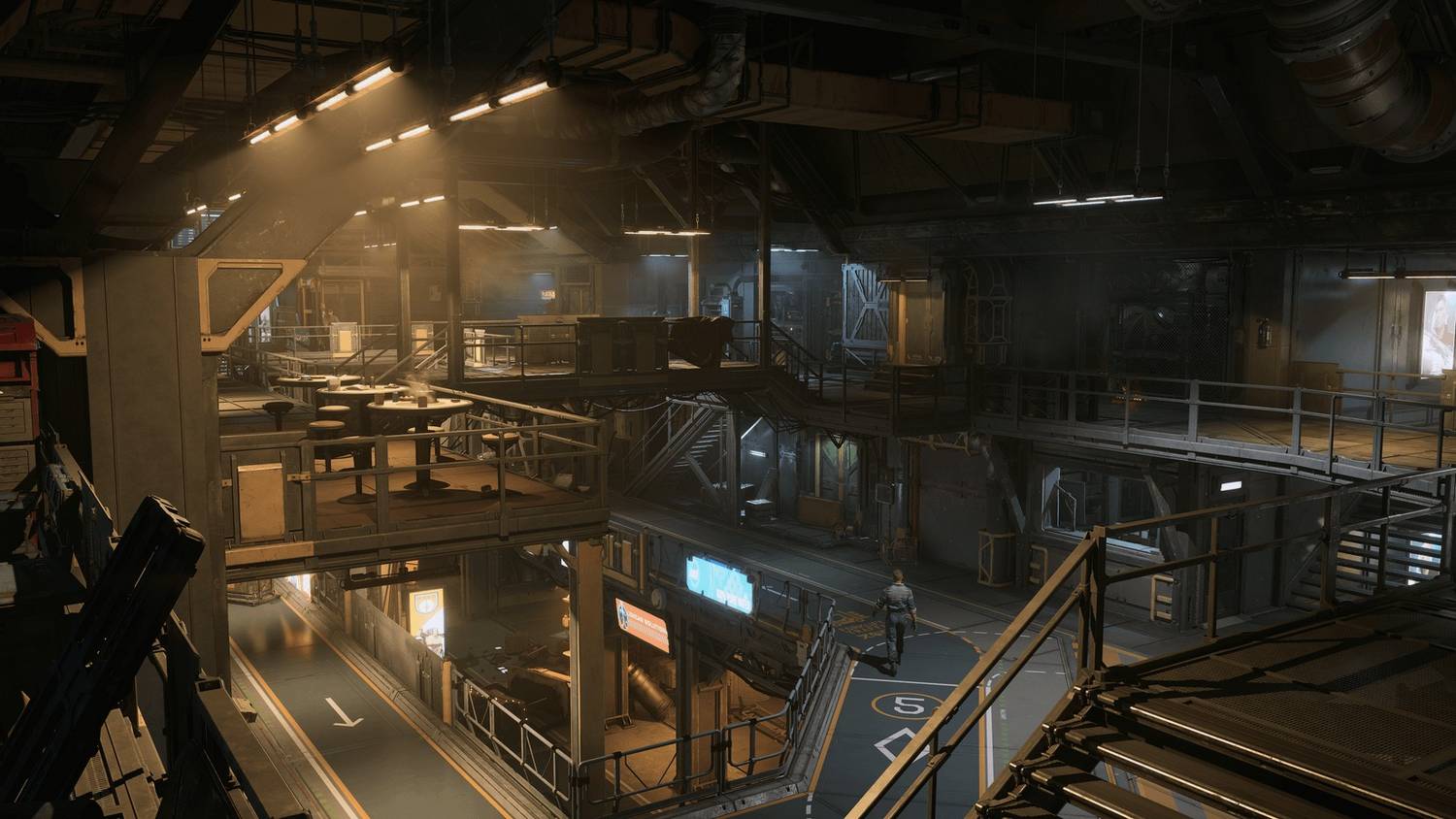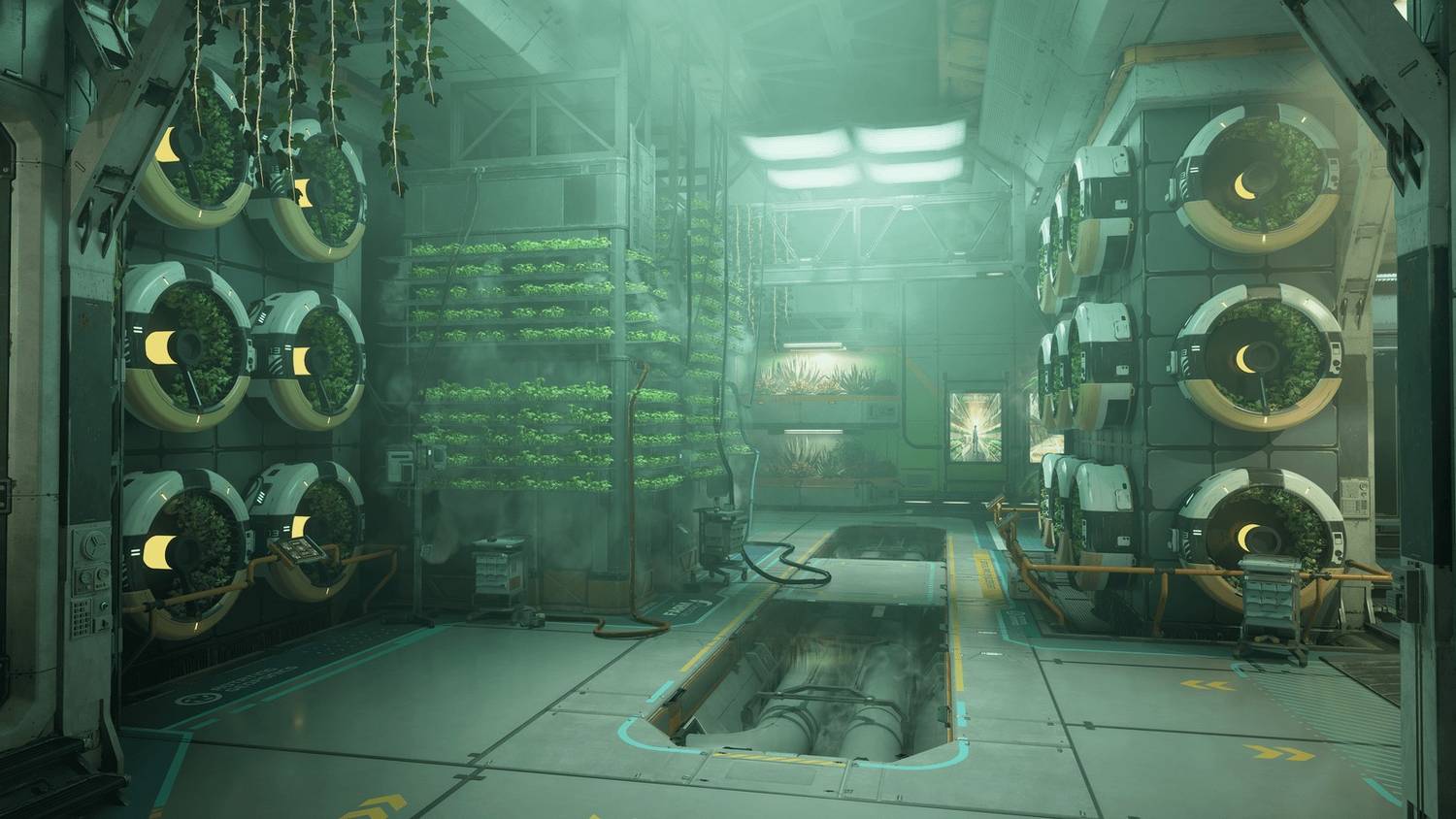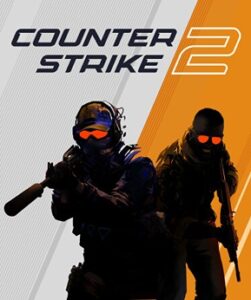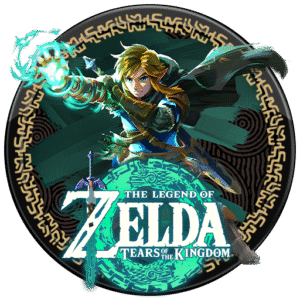The Weight of Command: How a Single, Horrific Decision in The Expanse: Osiris Reborn Proves the Game’s Narrative Power
Popular Now
 Among Us
Among Us
 Black Myth: Wukong
Black Myth: Wukong
 Stumble Guys
Stumble Guys
 Minecraft
Minecraft
 R.E.P.O
R.E.P.O
 Candy Crush Saga
Candy Crush Saga
 CarX Street
CarX Street
 Free Fire
Free Fire
 Valorant
Valorant
 BeamNG.drive
BeamNG.drive
 Owlcat Games, the developer of the new sci-fi action RPG, The Expanse: Osiris Reborn, has been clear from the start: their goal was to create a “Mass Effect-style” experience where every decision carries genuine weight. The game, which places you in the role of a Pinkwater Security mercenary caught up in the events of the show’s first two seasons, has been praised for its deep narrative choices, companion dynamics, and a commitment to player agency that is a refreshing change of pace in the action RPG genre. But it’s one thing to hear about a game’s “consequences” in a press release; it’s another thing entirely to live through them. The game’s opening hours, particularly the tense escape from the Pinkwater station, offer a brutal and unforgettable lesson in the power of meaningful choices. For many players, a single, horrifying decision has led to the death of countless non-player characters and a space station full of carnage, a gut-wrenching moment that confirms the game’s promise and sets a new standard for narrative-driven RPGs.
Owlcat Games, the developer of the new sci-fi action RPG, The Expanse: Osiris Reborn, has been clear from the start: their goal was to create a “Mass Effect-style” experience where every decision carries genuine weight. The game, which places you in the role of a Pinkwater Security mercenary caught up in the events of the show’s first two seasons, has been praised for its deep narrative choices, companion dynamics, and a commitment to player agency that is a refreshing change of pace in the action RPG genre. But it’s one thing to hear about a game’s “consequences” in a press release; it’s another thing entirely to live through them. The game’s opening hours, particularly the tense escape from the Pinkwater station, offer a brutal and unforgettable lesson in the power of meaningful choices. For many players, a single, horrifying decision has led to the death of countless non-player characters and a space station full of carnage, a gut-wrenching moment that confirms the game’s promise and sets a new standard for narrative-driven RPGs.
The game’s opening sequence, set in the immediate aftermath of the “Eros Incident,” is a masterclass in establishing stakes. You and your twin sibling, J, have just stolen the advanced “Osiris” ship from the shadowy Protogen Corporation, and the enemy is hot on your tail. They have tracked you to the Pinkwater Station, a neutral, independent station filled with your fellow mercenaries and civilians. The stage is set for a classic RPG choice: do you stand and fight, risking the lives of your allies to hold off the Protogen forces, or do you flee and leave them to their fate? The game’s design director, Leonid Rastorguev, has spoken about this pivotal moment, promising that the consequences would be both immediate and long-lasting. He wasn’t exaggerating.
The Terrible Choice: When a “Bad” Option Is the Only Way to Survive
The core of the dilemma is a powerful demonstration of the game’s commitment to moral ambiguity and its core theme of survival in an unforgiving solar system. Here’s why this single choice has resonated so powerfully with the player base:
- The Illusion of a “Good” Outcome: The game, in its initial moments, presents the option to fight as the heroic, “right” choice. You, the new captain of the Osiris, are a leader. Leaders stand and fight for their people. It’s a trope that is deeply ingrained in gaming and storytelling. However, in the harsh reality of The Expanse, there is no heroic option. The Protogen forces are not just a few thugs; they are a well-armed, well-funded military force with a singular objective. A direct confrontation is suicide. Choosing to fight is not an act of heroism; it is a death sentence for yourself and for everyone on the station.
- The Consequences of “Heroism”: The game’s narrative doesn’t shy away from showing you the results of your decisions. If you chose to have the station’s residents fight, you are met with a scene of utter carnage. You will pass through corridors littered with the bodies of civilians, mercenaries, and the very allies you just asked to “hold the line.” The armory you could have looted is completely empty, all the weapons taken by desperate men and women who died in a futile battle that you started. This is not a “bad ending” in the traditional sense; it is a consequence. The game teaches you that in this universe, being a hero is a luxury you cannot afford.
- The Unbearable Weight of Leadership: The “cowardly” option—to simply slip away in the chaos—is a choice that goes against every heroic trope in the RPG playbook. But in Osiris Reborn, it is the pragmatic, and ultimately correct, choice. By leaving, you save yourself and your crew, and you live to fight another day. However, even this choice comes with its own consequences. You may have saved yourself, but your decision will likely strain your relationship with your crew and with the wider Pinkwater faction. The game understands that in this universe, a leader is not defined by their heroism, but by their willingness to make the hard, often morally compromised decisions that ensure their survival.
 A News Perspective: The Power of Player-Inflicted Trauma
A News Perspective: The Power of Player-Inflicted Trauma
From a news and industry perspective, the opening of The Expanse: Osiris Reborn is a fascinating case study in narrative design. While games like Mass Effect and Baldur’s Gate 3 are rightly praised for their branching narratives, Osiris Reborn goes a step further by directly showing the horrifying results of a player’s poor choice in a way that is deeply personal and emotionally impactful. The game is not just telling you that your choices matter; it is forcing you to confront the visceral consequences of your own, sometimes-flawed, decision-making. The widespread discussion on forums and social media about this opening scene, with players sharing their horror at having made the “wrong” choice, is a powerful indicator of the game’s success. It shows that Owlcat’s team has not only captured the essence of The Expanse‘s morally gray universe but has also created a truly memorable and meaningful experience. In a world where the stakes in many games feel like a numbers game, The Expanse: Osiris Reborn reminds us that the most terrifying and compelling stakes are the ones that force you to confront the consequences of your own actions.










